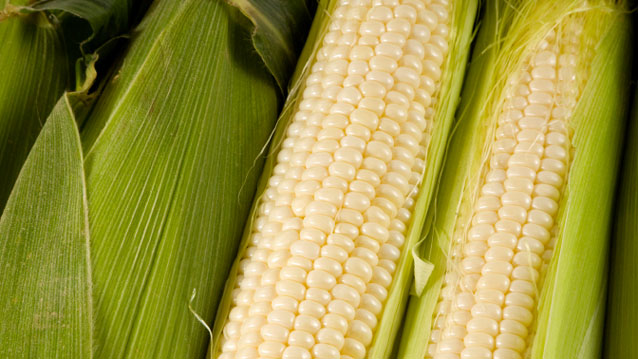EVANSTON, Ill. --- “The Last Hunger Season: A Year in an African Farm Community on the Brink of Change” by Roger Thurow is the 2013-14 selection for One Book One Northwestern, the University’s community reading program.
The book chronicles a year in the life of four small-scale farmers in western Kenya who, with help from a social enterprise organization founded by a Kellogg School of Management graduate, begin to transcend the cyclical poverty and hunger that they have always known.
“For all the progress made in economic development, hunger still persists in every region of the globe,” says Hendrik Spruyt, director of Northwestern’s Buffett Center for International and Comparative Studies and upcoming One Book faculty chair. The Buffett Center will host the 2013-14 initiative.
“Tackling hunger requires the truly interdisciplinary approach that Northwestern is known for,” adds Spruyt. “By showing how individuals can make a difference in confronting seemingly insurmountable problems, “The Last Hunger Season” serves as a clarion call for our students to go out and engage with the world -- precisely what we aim for in our Northwestern strategic plan.”
The “hunger season” of Thurow’s title refers to the months-long period each year when food from the previous harvest runs out until new crops grow in and during which small East African farmers typically go hungry.
The phrase “hungry farmers” is perhaps the most confounding, troubling phrase on a confounding, troubled continent, according to author Thurow. How can farmers, who rise every morning to grow food be hungry?
Most small farmers in Africa, he writes, toil in a time warp, essentially living and working as they did in the 1930s, and harvesting only a quarter of the yield of Western farmers -- half of which spoils before getting to market.
With assistance from the One Acre Fund, created and directed by Kellogg MBA graduate Andrew Youn, however, things promise to be different.
The One Acre Fund essentially began in 2006 when Youn paid $7,000 out of his own money for a 40-family demonstration project. By 2012, the program for small-scale farmers in East Africa had assisted 130,000 families, including more than 520,000 children, with more than $7 million in donor support.
Against the backdrop of a looming global challenge, Thurow tells the story of four farmers -- three women, one man -- and their efforts to forever put an end to the hunger season by taking advantage of One Acre’s training, equipment, low interest loans and marketing assistance.
Between their stories, Thurow – a former Wall Street Journal reporter and Africa correspondent – weaves details about global agriculture, world hunger policy and a pressing awareness that world food production must double by 2050 to sustain the world’s growing population.
Thurow – who shares with Youn the belief that agriculture is the fundamental humanitarian challenge of our time -- is now a senior fellow for global agriculture and food policy at the Chicago Council on Global Affairs. In 2003, Thurow coauthored, with Scott Kilman, a Wall Street Journal series on the famine in Africa that was a finalist for the Pulitzer Prize.
With Kilman, Thurow wrote “ENOUGH: Why the World’s Poorest Starve in an Age of Plenty.” The book won the Harry Chapin WhyHunger book award and was a finalist for the Dayton Literary Peace Prize and for the New York Public Library Helen Bernstein Award.
“The Last Hunger Season” is being made into a documentary film by Courter Films & Associates.
For information on Andrew Youn, who recently was named a Social Entrepreneur of the Year by the Schwab Foundation, visit One Acre Fund.


